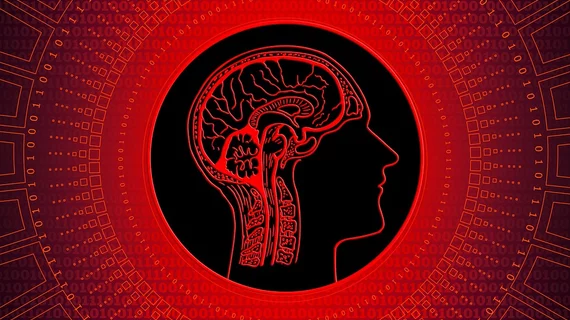AI could play pivotal role in impending psychiatrist shortage
The United States is expected to experience a massive shortage of psychiatrists within the next five years. According to some researchers, however, AI technology could ease some of that burden.
One of those researchers, Peter Foltz of the University of Colorado Boulder, told Time magazine that AI’s ability to evaluate speech patterns and other data could speed up diagnoses and allow psychiatrists to monitor patients remotely. Foltz and colleagues published a study on this topic, “Using Machine Learning in Psychiatry: The Need to Establish a Framework That Nurtures Trustworthiness,” in Schizophrenia Bulletin on Nov. 1.
On the other hand, John Torous, MD, director of digital psychiatry at Beth Israel Deaconess Medical Center in Boston, told Time that developing effective algorithms in this area will be “an uphill challenge.”
“Artificial intelligence is only as strong as the data it’s trained on,” he said, as quoted by Time.
Click below for the full story:

